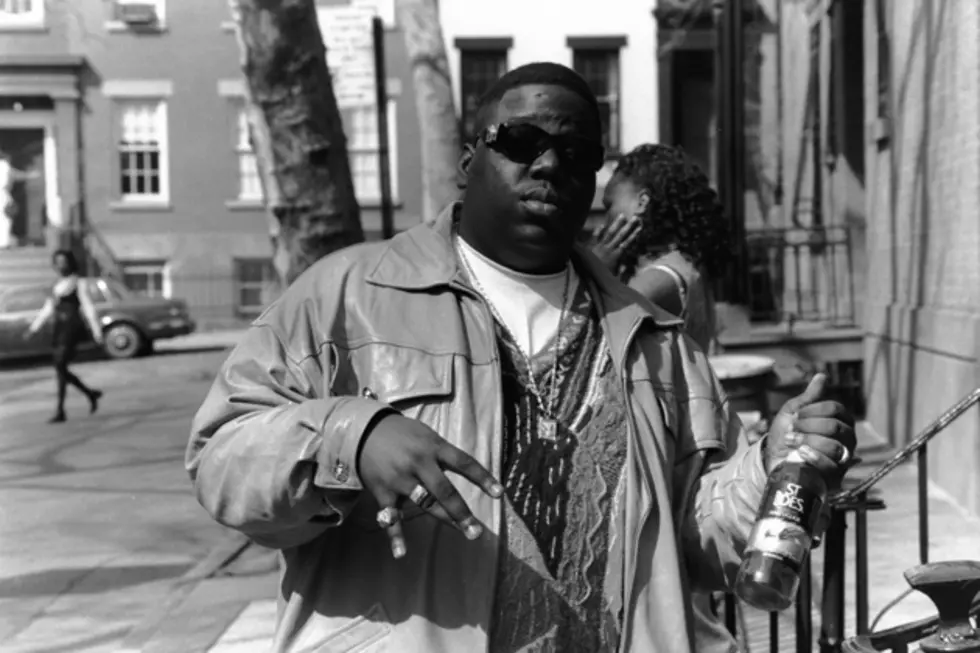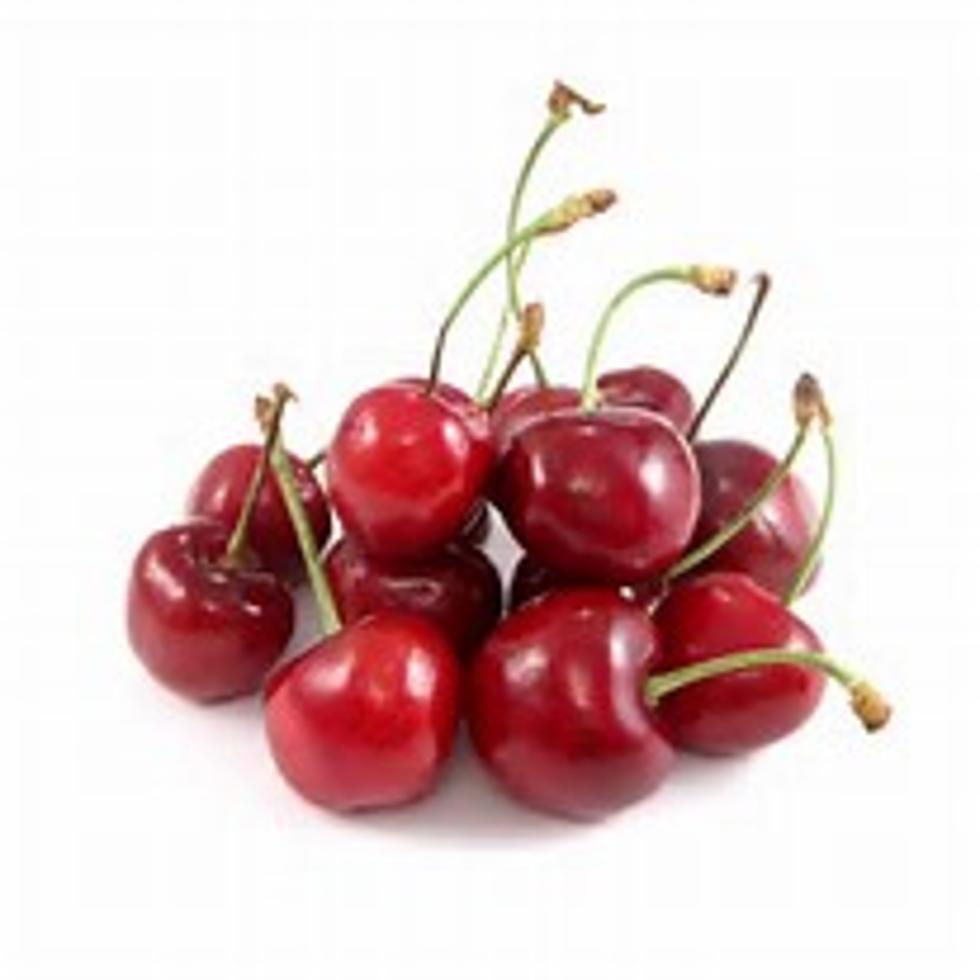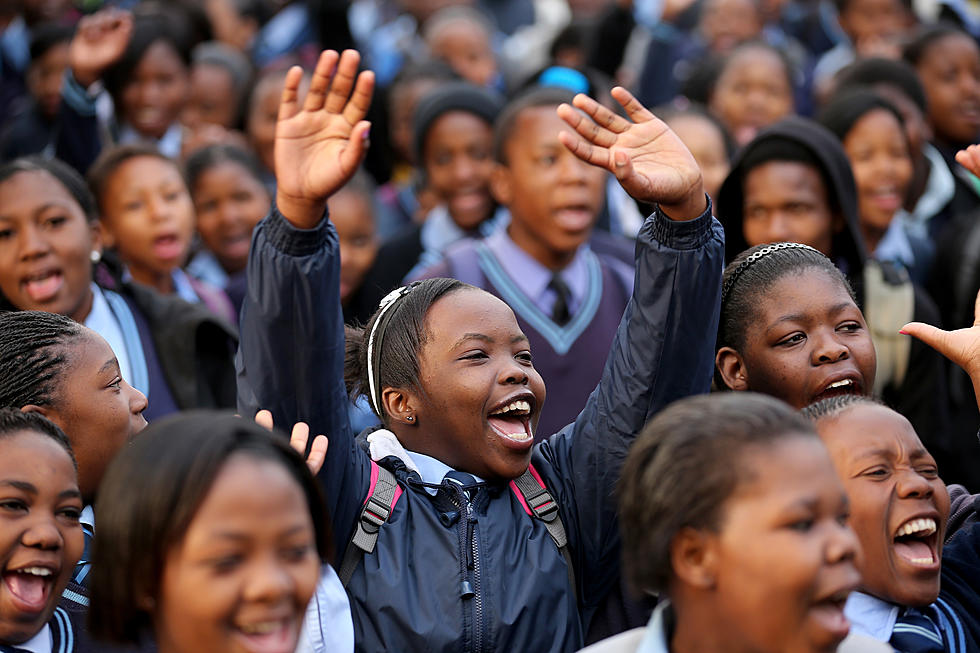
Why the Notorious B.I.G. Is the Most Influential Rapper of All Time
Ask any rapper who their biggest influences are and you’ll probably hear the same answers across the board: Big Daddy Kane, Rakim and Kool G Rap on the East Coast, Scarface, Pimp C, and Eightball & MJG in the South, and Ice Cube and Snoop Dogg out West. But why doesn’t anyone mention the most influential rapper of all time, The Notorious B.I.G.?
He’s always name checked as one of the greats, along with Tupac Shakur. They’re both referenced ad nauseam to the point of sounding cliché by now. Pac didn’t have the same kind of snazzy style that Bigge Smalls did, though. Pac had a signature flow and his delivery was all about conveying passion and pain. Biggie’s voice glossed over a lot of that. When it came to subject matter he was decidedly apolitical and dispassionate -- concerned with his own well-being and that of his immediate circle instead of the ills of society. When it came to flows, however, he was godlike. His magic was perceived through the lens of grammatical luxury – it was the phrasing, the way he painted pictures of the high life (and the low life) in his verses, the way he wove words into stories like threads in Versace linen. Biggie made listeners feel like they were sitting next to him in the lap of luxury and these qualities made his music unequivocally popular. The way he delivered his lines radiated an air of superiority. Pac, the man of the people, was the polar opposite. He stayed eye level to preach the Thug Life gospel while Big was an innovator in aspirational rap.
Biggie was the first jiggy rapper to ever wear that badge proudly, yet people always conveniently ignore that fact when they blame Diddy for the advent of materialistic hip-hop. Mase was a much easier target because despite popping violent shit as well, he appealed to less people and was perceived more as a “pop” rapper than a “hardcore” rapper. Besides Biggie being favored by subjective judgments of skill, it doesn’t make sense. Perhaps the only difference was that Biggie had multi-dimensional ability to showcase self-loathing (‘Suicidal Thoughts’) and depression (‘Everyday Struggle’) in a way that Mase’s shiny all-smiles exterior never allowed him to expose.
Few if any reviews of ‘Ready To Die’ mentioned 'Juicy' and “Big Popp'” as sell-out records when those pieces were published. Writers focused on the gritty sounds of that album as justification for its high praise. Plus, who doesn’t like those two songs? Rap fans (especially internet users with ancient backpacks strapped on so tight they cut off circulation to the brain) always conflate “commercial” with “bad”, but just because something is popular doesn’t say anything about the quality of the art. All it means is that a lot of people like it. Even ‘Warning’ and ‘One More Chance,’ harder songs not nearly as mainstream as those mentioned before, did well on radio.
How many kids fell in love with rap (I mean deep, heart wrenching love, not fair-weather feelings) through ‘Juicy’ and ‘Hypnotize’ on the radio? It’s more than Billboard statistics and sales. Playing a Biggie song is by far the best way to get a non-rap fan to not only listen, but to appreciate hip-hop. Pac had hits but his rhyme style wasn’t always as accommodating as “It was all a dream, I used to read Word Up magazine ...” Through the power that Big’s music yielded, he was (and is) the most common reason that people become hip-hop fans.
Biggie’s DNA is woven into every modern rapper’s double helix. Both genotypes and phenotypes have been affected by his impact, as artists mimicked his intricate rhyming style while also looking the part. Ultimately, however, his legacy is largely abstract. Christopher didn’t have to sell out to win over people from all walks of life. He was brutally honest, charmingly suave, and ferociously cold-blooded. He represented and illustrated the entire complexity of the human race that each of us face every day. There was no singular way to describe him – he was everything at once. The best way to summarize his career is to say it’s the most influential in rap’s history.
Big helped usher in an era of fashion as well. He was the first rapper to excessively namedrop Versace and it was Biggie who made Coogi sweaters cool to rock. Rappers might have been namedropping highfalutin clothing labels in their raps before, but Biggie made it an integral part of his image. He was a walking advertisement for a fly lifestyle that afforded him the versatility to be a street cat and a pop star at the same time. Whether it was on the charts or in the streets, Biggie was respected by everyone. He became the pinnacle of hip-hop by making pop records that didn’t compromise his hood pass.
Big managed to combine popularity with street credibility the way that Def Jam, hip-hop's most influential record label of all time, did in the late '80s. Public Enemy and Run-DMC were uncompromising, but Diddy understood that there was a middle ground. A dope rapper is still a dope rapper, whether it’s over a James Brown drum break or a Mtume sample. Biggie made it cool to do the latter. He forced people to pay attention to his words no matter what the beat was; that’s how you can spot an outstanding MC in a crowd. His voice doesn’t just become another instrument – it transcends the surrounding music and makes the beat irrelevant.
It makes perfect sense why you'd hear Big spit over 'P.S.K.' on 'Life After Death.' The first ever gangster rapper merely mentions that it's 'Gucci Time' in 1985, but more than a decade later, Schoolly D has been fully updated. His legacy has been not only solidified, but extended and overtaken. What was simply a reference in Schoolly's rhyme became an entire image for Biggie Smalls.
Whether or not you think it was beneficial to the art, Biggie paved the way for rappers to become gaudy. He made the music as extravagant as the clothing that he wore, and that cohesion is why people accepted every facet of his lifestyle. Making the change from a common thief to up close and personal with Robin Leach didn't necessitate compromise for Biggie. He forced hardcore hip-hop heads to like pop records like 'Hypnotize' because he's still the greatest rapper of all time. He could have been rapping over Barney and people would have loved it. That’s what makes him the most influential rapper to ever live.
More From 92.9 WTUG



![Check Out My Favorite 15 Southern Soul Songs [Video]](http://townsquare.media/site/534/files/2014/05/Calvin-Richardson.jpg?w=980&q=75)





